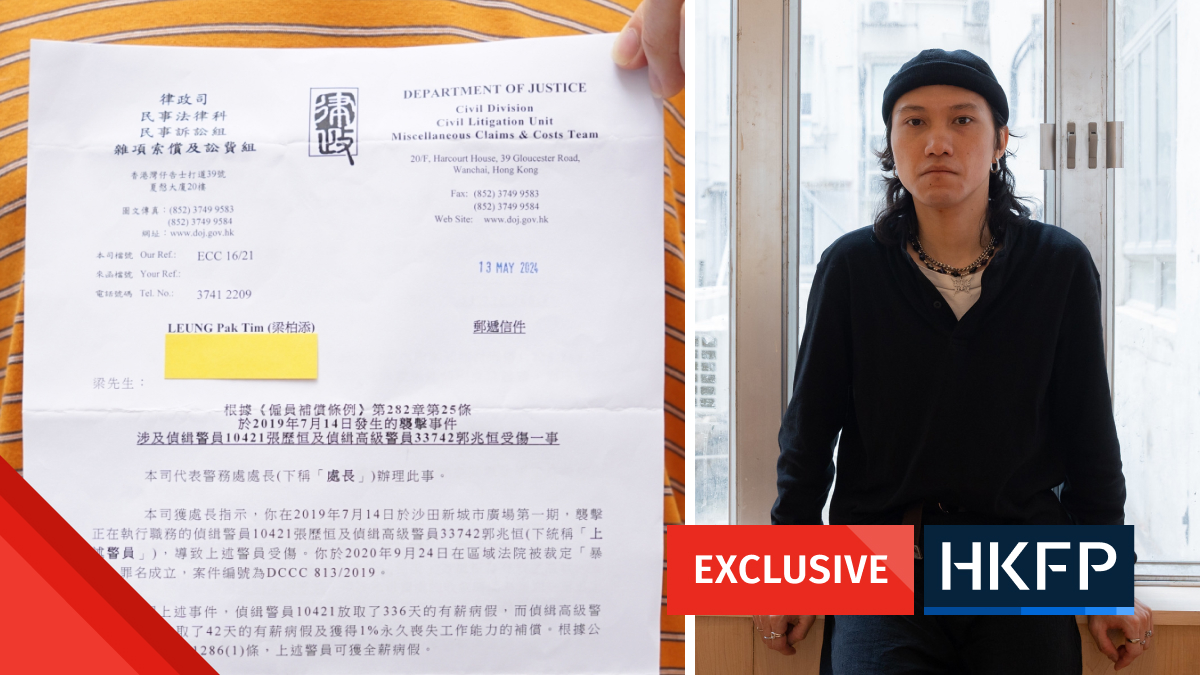More than 80 per cent of low-income Hong Kong youth said they were unfamiliar with the government’s youth development blueprint, with many unaware of the policy’s existence, the Society for Community Organization (SoCO) has said.

According to a survey of 84 low-income Hong Kong residents aged 14 to 30 conducted by the NGO, a third of respondents said they were “very unfamiliar” with the initiative, while almost half – 47.6 per cent – were “quite unfamiliar.” Less than a fifth of respondents, at 19 per cent, said they were “quite familiar” with the initiative, while none of them said they were “very familiar,” the SoCO study showed.
The Youth Development Blueprint unveiled by the government last December includes more than 160 measures relating to housing, entrepreneurialism and career development, to instil young Hongkongers with an “affection for our country and Hong Kong” and equip them with a “global perspective, an aspiring mind-set and positive thinking.”
But SoCO Deputy Director Sze Lai-shan said young Hongkongers were more focused on “survival,” than national affairs. “They don’t have the time nor the energy to worry about other issues,” she said at a press conference on Sunday.
Sze added that over half of the respondents said they were not aware that the government had announced the blueprint earlier in December, while 63.1 per cent said they had not read the actual blueprint.
Calls for upward social mobility
Respondents also made their priorities known regarding the government scheme, with more than 65 per cent saying they hoped for more opportunities for upward social mobility, 62 per cent saying they hoped for more career opportunities, and almost 60 per cent calling for rent allowances for young Hongkongers waiting to be allocated a public rental flat.
According to the blueprint, the government aims to support young people to find jobs or start businesses in the Greater Bay Area, and to “identify land for housing development, [increase] supply of youth hostel places, and [relaunch] the Starter Homes Project for Hong Kong Residents.”

Additionally, half of the survey respondents called for a scheme to tackle youth poverty, which stood at 20.8 percent in the first quarter of 2023, SoCO said citing Census and Statistics Department data. That marks a download trend from a 22.3 per cent peak in 2020, following a gradual increase from 18.1 per cent in 2015.
Sze proposed that the Youth Development Commission, the body that oversees the blueprint, should involve youth representatives from working class backgrounds in the policymaking process to better address young Hongkongers’ needs. She also said the blueprint should be made legally binding to strengthen its implementation and monitoring.
SoCO said in February that the Hong Kong government had failed to address low-income workers’ needs in its 2023 budget. Sze said the budget address did not sufficiently address poverty alleviation, and that most of the measures put forward by finance chief Paul Chan were simply holdovers from the previous year’s budget.
Support HKFP | Policies & Ethics | Error/typo? | Contact Us | Newsletter | Transparency & Annual Report | Apps
Help safeguard press freedom & keep HKFP free for all readers by supporting our team

LATEST FROM HKFP
HKFP has an impartial stance, transparent funding, and balanced coverage guided by an Ethics Code and Corrections Policy.
Support press freedom & help us surpass 1,000 monthly Patrons: 100% independent, governed by an ethics code & not-for-profit.










